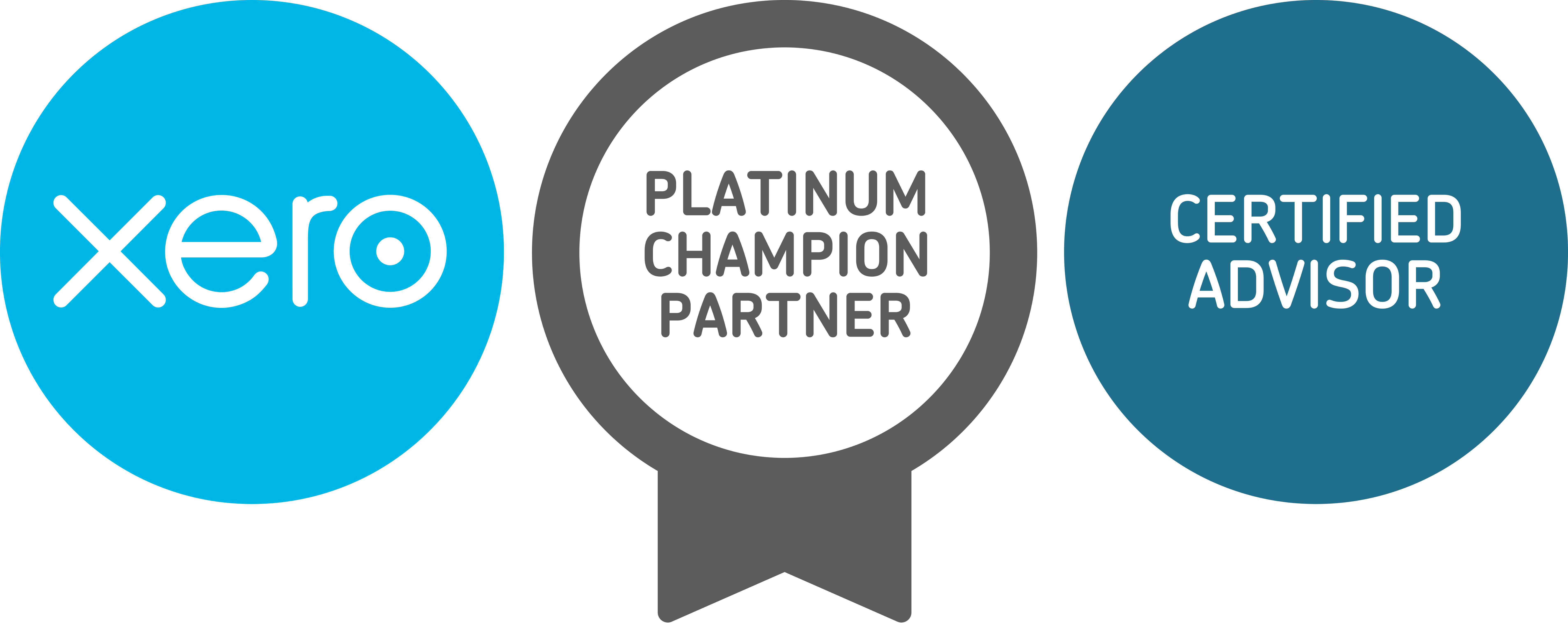-
Exporting goods from the UK
-
Exports to EU countries are now treated like those to non-EU countries which is that they should be zero rated for UK VAT. This will apply whether you’re exporting goods to a consumer (B2C) or to a business (B2B), there’s no longer a need to verify the VAT status of the recipient business.
Some goods require export licenses and there are additional rules specific to alcohol, tobacco and for other controlled goods.
The government recommends businesses use a courier for making customs declarations. Where a customs agent is named as the importer of record on the export declarations, they are responsible to register for VAT in that country, pay the import VAT and charge VAT at the local rate.
- If the customer is the importer of record, they then become liable for the import VAT – no need for the UK supplier to register for VAT in that country
- Many EU countries require the importer of record to be established in the EU – may not be possible for a UK business to act as importer of record
The importer in the EU will need to pay tax on what you export to them in the same way as goods arriving from non-EU countries. Therefore, businesses need to ensure that the correct commodity code is used. Import VAT and customs duties will be payable when the goods arrive in the EU.
The UK and the EU have agreed to zero tariff and zero quota trade on goods, meaning that businesses will not face costly tariffs. However, to qualify for tariff-free access, firms will need to ensure goods meet Rules of Origin requirements as set out in the treaty.






